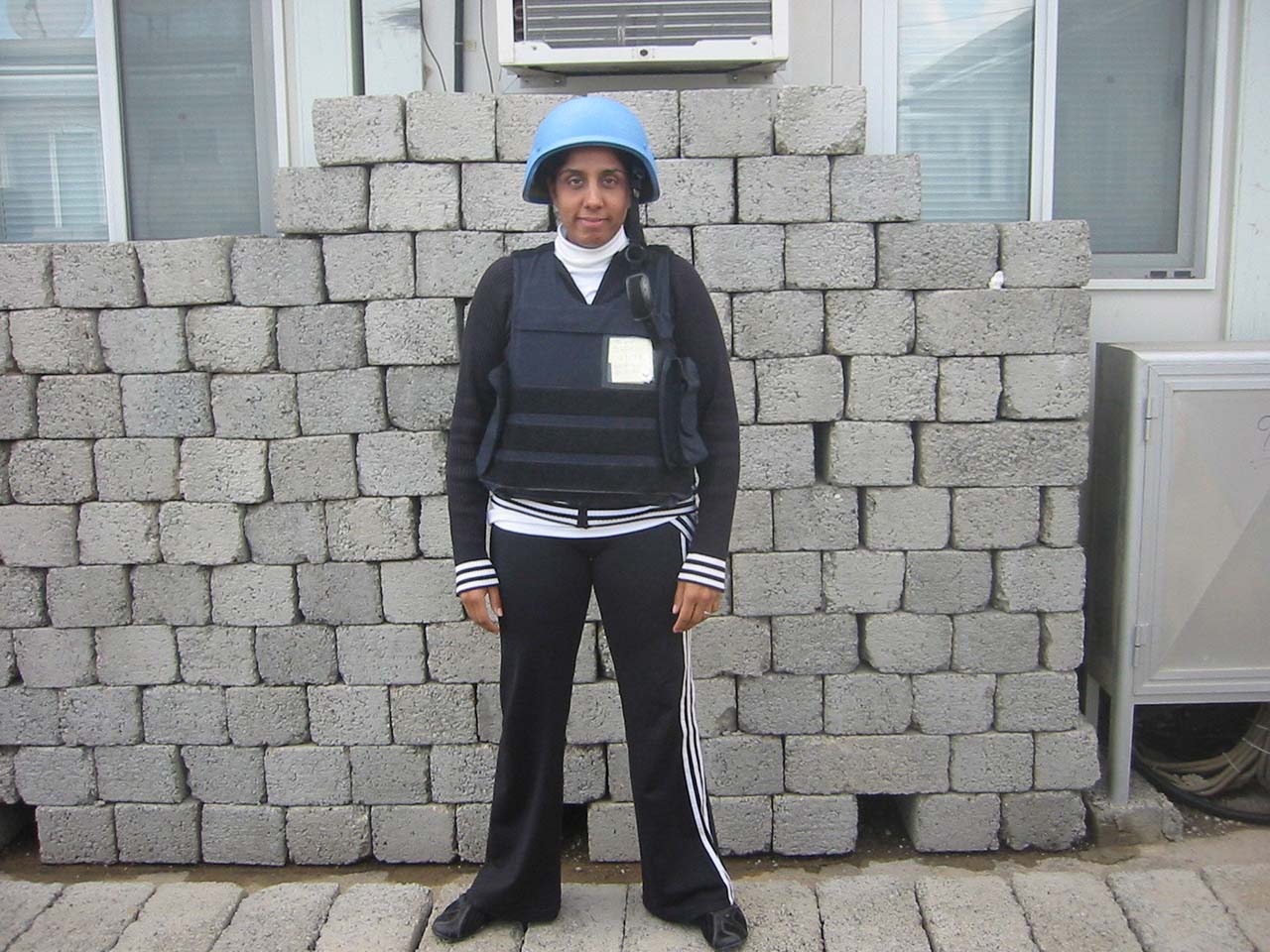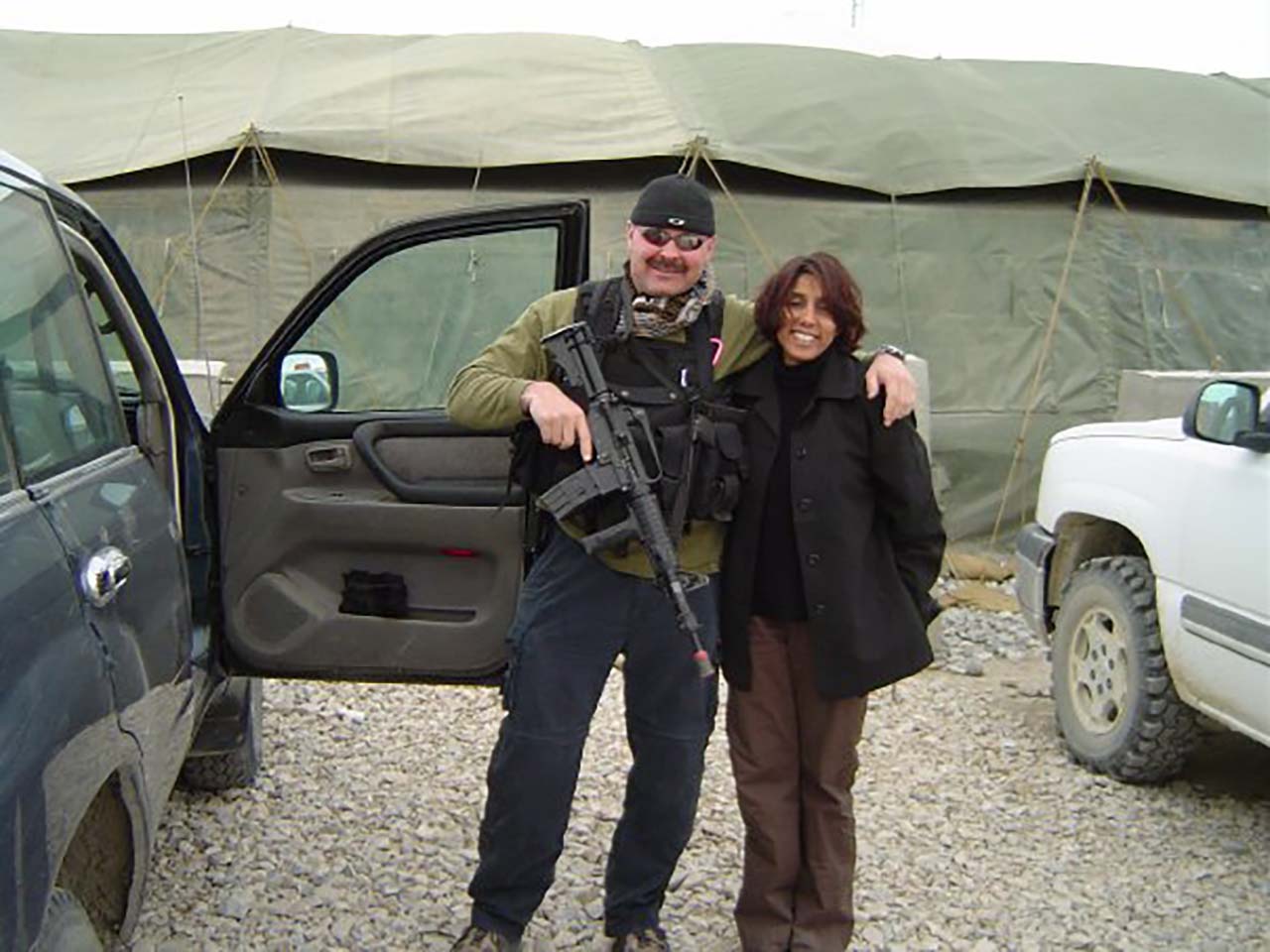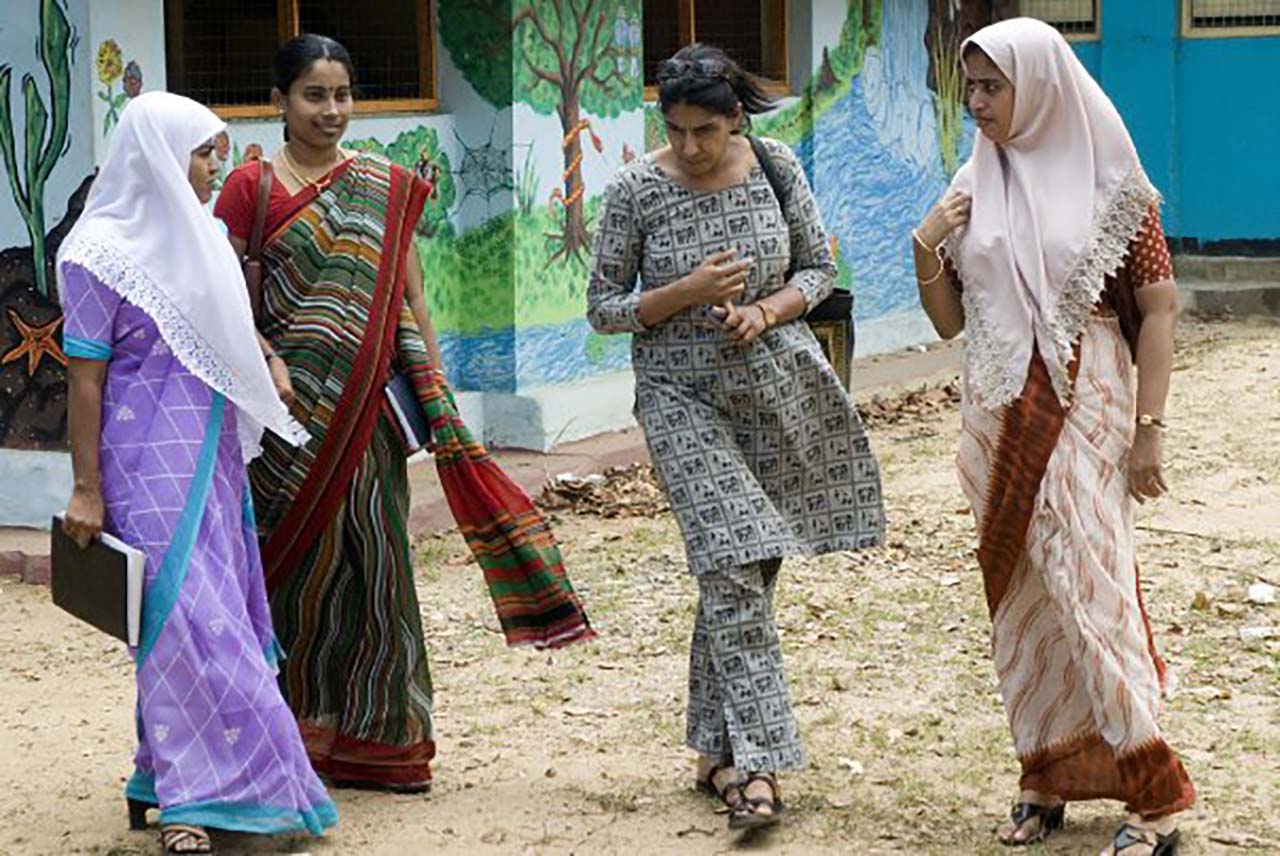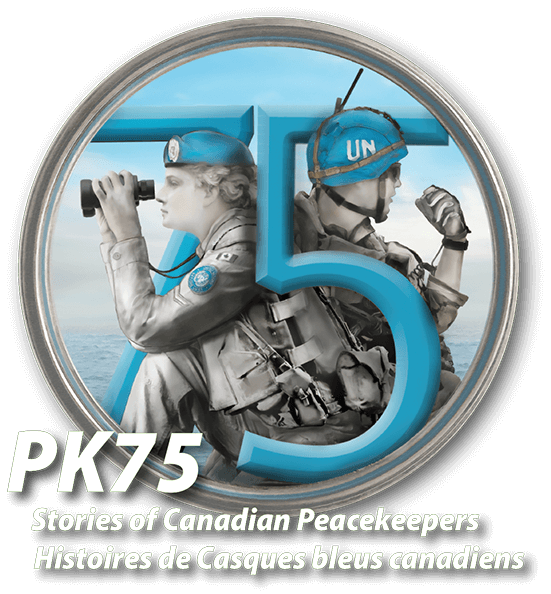




London, United Kingdom
Jasteena Dhillon
Current Location: North York, ON, Canada
Saving lives is what I want to do when I am working in the field. It is the real motivator that drove me to want to go work in a war zone or disaster area. Saving someone’s life is more than actually ensuring they do not die. It is making sure that they stay alive and thrive in the face of forces that are trying to defeat them. In all of my roles, I have striven to ensure survival for all. When I am investigating human rights violations, I needed to ensure that there was justice for the victim. If I exposed corruption, I had to set up accountability mechanisms to prevent it happening again. If someone was dying right there, I needed to do everything to save his or her life!
When it was realized, during the ethnic conflict of Bosnia, that rape had been used as a weapon in the war, or that barbaric punishments were imposed on those who did not comply in Afghanistan, or that children were forced to kill their own families as initiation to become child soldiers in Sudan, I realized that saving the physical life of a person in war must go hand in hand with saving their minds. To me, that meant helping them find the tools in peace to be able to process the atrocities they endured.
I always knew that, in order to maintain safety and security for people who lived in a place turned upside down by conflict or disaster, “rule of law” was the key to ensuring what happened never happened again. Whether providing medical assistance, or food and shelter to save lives, or supporting the development of governance and legal systems, my aim always was to ensure that institutions and systems were strong enough, after we left the conflict, to protect people in danger of suffering hunger, sickness or death.
An epiphany for me was realizing that to save a life, you cannot judge that person and cannot let it affect your goal to save their life. I learned by working closely with the military on the ground that when you are forced to make a choice to kill, or not to kill, that using the lens of dichotomy between who is good and who is bad becomes irrelevant, as anyone can become a victim in war or a survivor in peace. And this task challenges the very essence of our core to be empathic.
I was amazed by the resilience of people to emerge from the horrors and to rebuild their lives. I learned that the core of peace building is the strength of humans to endure and to forgive others. I suppose, what other choice is there but to get up and continue towards a semblance of normalcy? Surviving rape, torture and terror was necessary to have any chance to create peace and security. The question for me was always, “What can I do to support the journey of the brave survivors?”
Biography
Jasteena Dhillon is a professor of law and international development who, with over 20 years’ experience, advises and consults on issues of justice, human rights, humanitarian, governance, development, and security. She began her work in South Africa working on developing law and policy on constitutional protection of children’s rights, and contributed as a civilian in peace operations, directly within the United Nations (UN) and also as an implementing partner of UN agencies, in Bosnia, Afghanistan, Iraq and Sudan. As a Legal Officer for the United Nations Relief and Works Agency (UNRWA), she advised the UN agency on positions to be taken on borders and constraints, and privileges and immunities in the Israeli-Palestinian conflict. As a human rights lawyer in the Organization for Security and Cooperation in Europe (OSCE), she managed programs that facilitated the return of refugees and displaced persons to Prijedor and Posavina in Northern Bosnia after the end of the 1992–1995 Yugoslav’s ethnic conflict.
In Afghanistan, she implemented programs for the Norwegian Refugee Council in collaboration with United Nations Assistance Mission to Afghanistan (UNAMA) to support Afghan lawyers in their successful resolution of complex legal issues within both the informal and formal justice systems in Northern Afghanistan. As a Human Rights officer for the United Nations, she facilitated the implementation of human rights programs for women and children in Erbil, Sulaymaniyah and Duhok in Northern Iraq for United Nations Assistance Mission to Iraq (UNAMI), and as a legal development expert, she developed and implemented a road map to re-establishing the Supreme Court of South Sudan with United Nations Mission in Sudan (UNAMIS). In addition, Jasteena worked closely with UN missions and agencies as a legal and development expert in conflict affected areas, including Sri Lanka, Indonesia, Bosnia, Macedonia, Albania, Jordan and Palestine.
In 2019, while on sabbatical from her academic job, Jasteena was the Legal Advisor for the Ambassador for the Special Monitoring Mission to Ukraine focusing on legal issues of privileges and immunities of the diplomatic personnel, international humanitarian law, and internal legal matters for the Organization for Security and Cooperation in Europe (OSCE).
After leaving the field in 2009, Jasteena managed a project for Allied Command Transformation — North Atlantic Treaty Organization (ACT — NATO) in Norfolk, Virginia, the aim of which was to design more effective and safe systems for civilian-military interaction in conflict zones; it is now called the Civil-Military Fusion Centre which brings together UN and military actors to effectively share information in conflict, post conflict and peacebuilding operations.
In 2010, she spent a year at Harvard Kennedy School as a Fellow at the Carr Centre for Human Rights’ Policy, working on the Human Rights in Afghanistan project, where she provided policy advice to the U. S administration on their foreign policy in South Asia. For the last 10 years, Jasteena has been a frequent subject matter expert for military exercises and courses run by the Canadian Armed Forces, the United States military, and the North Atlantic Treaty Organization (NATO). Her expertise is sought to encourage the importance of cooperation among all stakeholders, at all levels, as key to ensuring successful operations and peace building. She taught in these courses in Canada at the Canadian Forces College, Canadian Forces Base Trenton, in the U.S. at the National Defence University, with NATO School in Germany, in the Joint Warfare Centre in Norway, and at the Rapid Reaction Corps in France. When it was functioning, Jasteena was a regular facilitator with the Pearson Peacekeeping Centre on the UN Senior Management Course, and on the UN Integrated Mission Special Operations Course, both attended by military and police officers from all over the world (sponsored by the Canadian Armed Forces) who came to learn how to work effectively in military and police peacekeeping roles in UN operations.

Jasteena in Erbil, Iraq, 2007.

Jasteena in Bagram, Afghanistan, 2004–05.

Jasteena in Eastern Sri Lanka, 2006.


